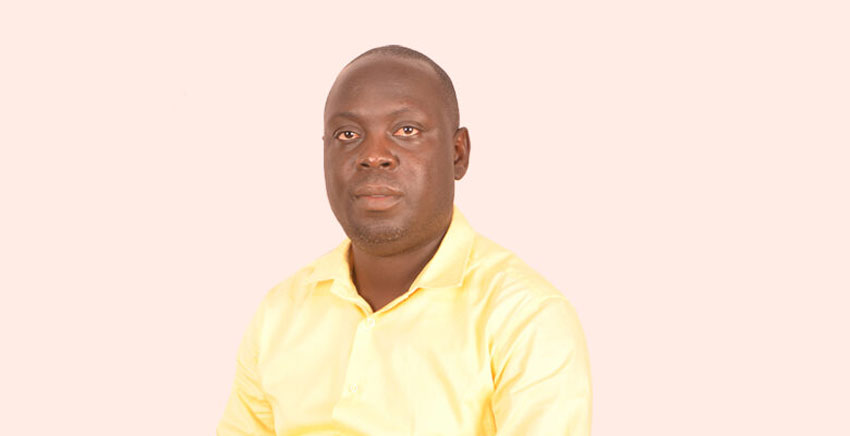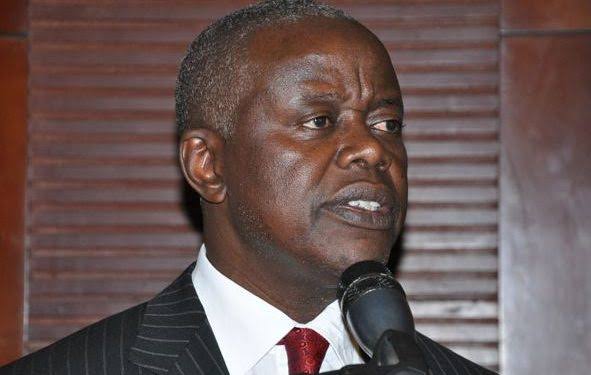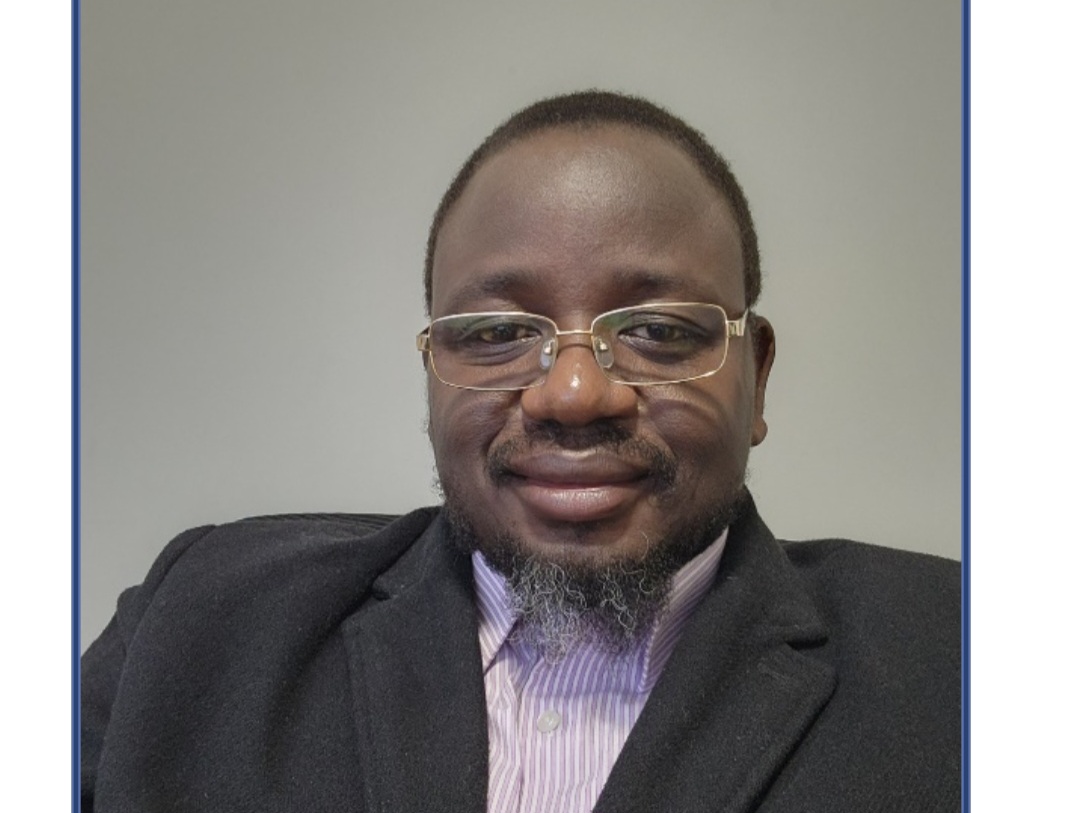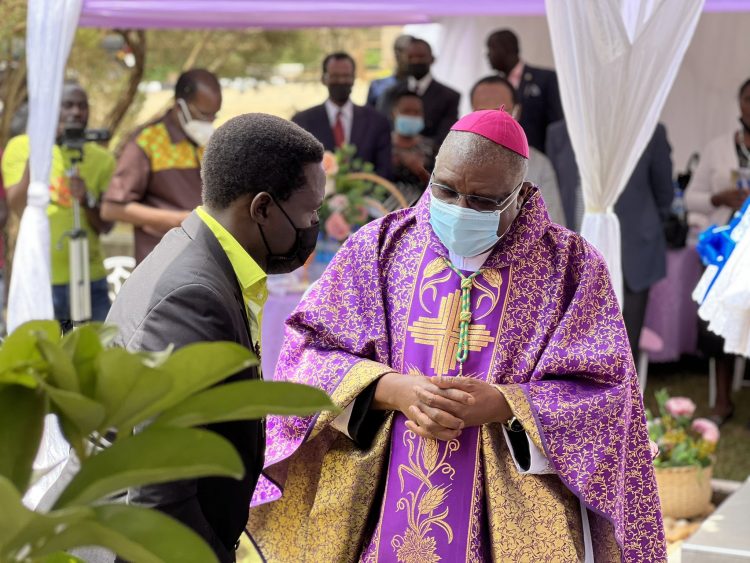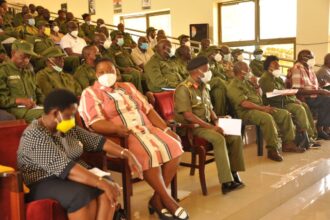Is it true that the succession question in Uganda hangs in the balance after President Yoweri Museveni chose to ignore calls to name a successor? Some thinks so, other do not while the rest don’t care. I belong in the category of those who believe that there is no controversy around the succession, and conclude that there is no need to worry.
President Museveni is correct with his noncommittal stance on the matter and I congratulate him because it is not his role. His job is to fulfill the terms of his mandate to Ugandans and leave the rest to them. Again, this matter is much like the issue of transition which I addressed previously. Just as we should not engage in diversionary discussions on transition when a new term has just began, it should be the same case with succession, because they mean almost the same thing, and both are premature and mostly raised in bad faith.
On transition, we have “wanters” and their supporters misplacing priorities and asking the wrong question at the wrong time. We have always had a transition every five years except that the same president has been elected and reelected since 1996. Each term is different. Coming to succession, just as every five years we have a strong line-up of contenders coming up to wrestle for power and one emerges victor, the wheel will continue spinning with a regular rhythm to provide the leadership of the time. It is not important to know who will come up next and who will take charge; what is important is the process and what the individual or individuals will bring on table. It could be anyone, including those currently considered underdogs. Uganda is not short of leadership talent but what kind of talent is the problem. President Museveni’s shoes are too big; he has set the bar so high.
Those who want to be picked on should work hard and impress even the gods. Then, nothing will stop them getting where they want to be; in fact, then they will be divinely chosen leaders only waiting for their time. Yet, we realise that many have failed to provide leadership where they are. All they do is hold titles, not to mention the appalling trait of taking positions as “eating” opportunities, earning big, driving the most powerful automobilises and riding in convoys, living in “palaces” and literally living in the skies, (flying abroad for shopping or treating a small itch on the elbow).
President Museveni has created a platform for people to grow their potential unlike in the past when potential successors were eliminated. If anybody is meant to rise, he or she will not fail to find a foothold. What more do people need Museveni to do for them? Paulo Kafeero sung “Akasanke kakulema okukamaanya okukamala ebyooya nti ate muleete n’engaanga?” (You failed to pluck the feathers of a small bird and you ask for a crested crane?)
If we are to speculate on the presidential queue in Uganda, the people closest are ministers, MPs, etc, but many of them have failed to make a mark serving in cabinet or Parliament. They are leaving with disgrace, some lacking a fallback position for their private survival. They blew their chances by living large and missing the bigger picture. People may even forget them totally but you find that they also believe themselves fit to become president? To do what in State House? The presidential seat is hot! It’s not a baby cot for sleeping in. That is why Museveni is a mystery how he manages to occupy it on and on.
So, for me, it’s a lucky thing that Museveni has not anointed anyone. First of all, the Constitution does not leave room for speculation. The “queue” is well laid out. At the same time, “wanters” should remain confused until they put their greed for power on a leash and concentrate on their immediate tasks. The same message goes to promoters of alternative candidates for succession. What have you done for the country to believe that you are entitled to decide for the rest of Ugandans? The job of choosing leaders rests in the hands Ugandans during elections. Nobody knows the future; nobody knows who will be alive tomorrow.
Some countries operate a system where incumbents anoint their successors. Transition is predictable. But if you observe closely, you notice that the chosen ones would have already undoubtedly distinguished themselves as “alternatives leaders.” In that case, the incumbent has little option but to side with them so that they, too, can support him or her to accomplish finish their tenure. But in some case, such as Angola and Zambia, that hasn’t helped as successors become a problem to their predecessors in a bid to shake off the perception of being puppets. They want to be their own men, chart their own direction power.
Emphasizing succession talk (and naming a successor) can be a springboard for intrigue and internal rifts (within the ruling party and national interparty forums) because personal interests are elevated over ideology.
It my humble view that naming a successor is less of Uganda’s problems. If it was so vital, the framers of our Constitution would have made a provision for it. In fact, I think that if anyone is serious on the issue, he or she should raise a petition so that a provision is accommodated in the Constitution. Failing that, everything is just malwa talk.
The author is a Presidential Assistant in Charge of Media Management
Contact: kirundaf2@gmail.com
0776980486/0702980486
Do you have a story in your community or an opinion to share with us: Email us at Submit an Article



